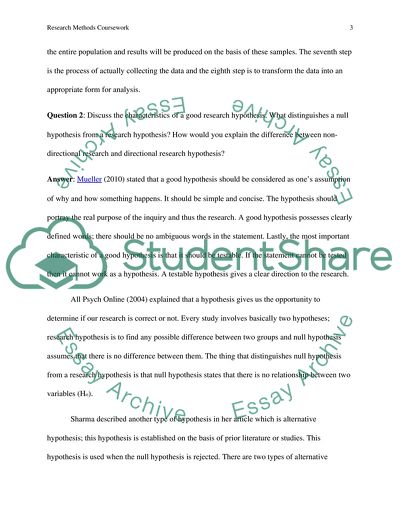Cite this document
(The Process of Scientific Inquiry Coursework Example | Topics and Well Written Essays - 1750 words, n.d.)
The Process of Scientific Inquiry Coursework Example | Topics and Well Written Essays - 1750 words. Retrieved from https://studentshare.org/science/1732711-research-course-work
The Process of Scientific Inquiry Coursework Example | Topics and Well Written Essays - 1750 words. Retrieved from https://studentshare.org/science/1732711-research-course-work
(The Process of Scientific Inquiry Coursework Example | Topics and Well Written Essays - 1750 Words)
The Process of Scientific Inquiry Coursework Example | Topics and Well Written Essays - 1750 Words. https://studentshare.org/science/1732711-research-course-work.
The Process of Scientific Inquiry Coursework Example | Topics and Well Written Essays - 1750 Words. https://studentshare.org/science/1732711-research-course-work.
“The Process of Scientific Inquiry Coursework Example | Topics and Well Written Essays - 1750 Words”, n.d. https://studentshare.org/science/1732711-research-course-work.


